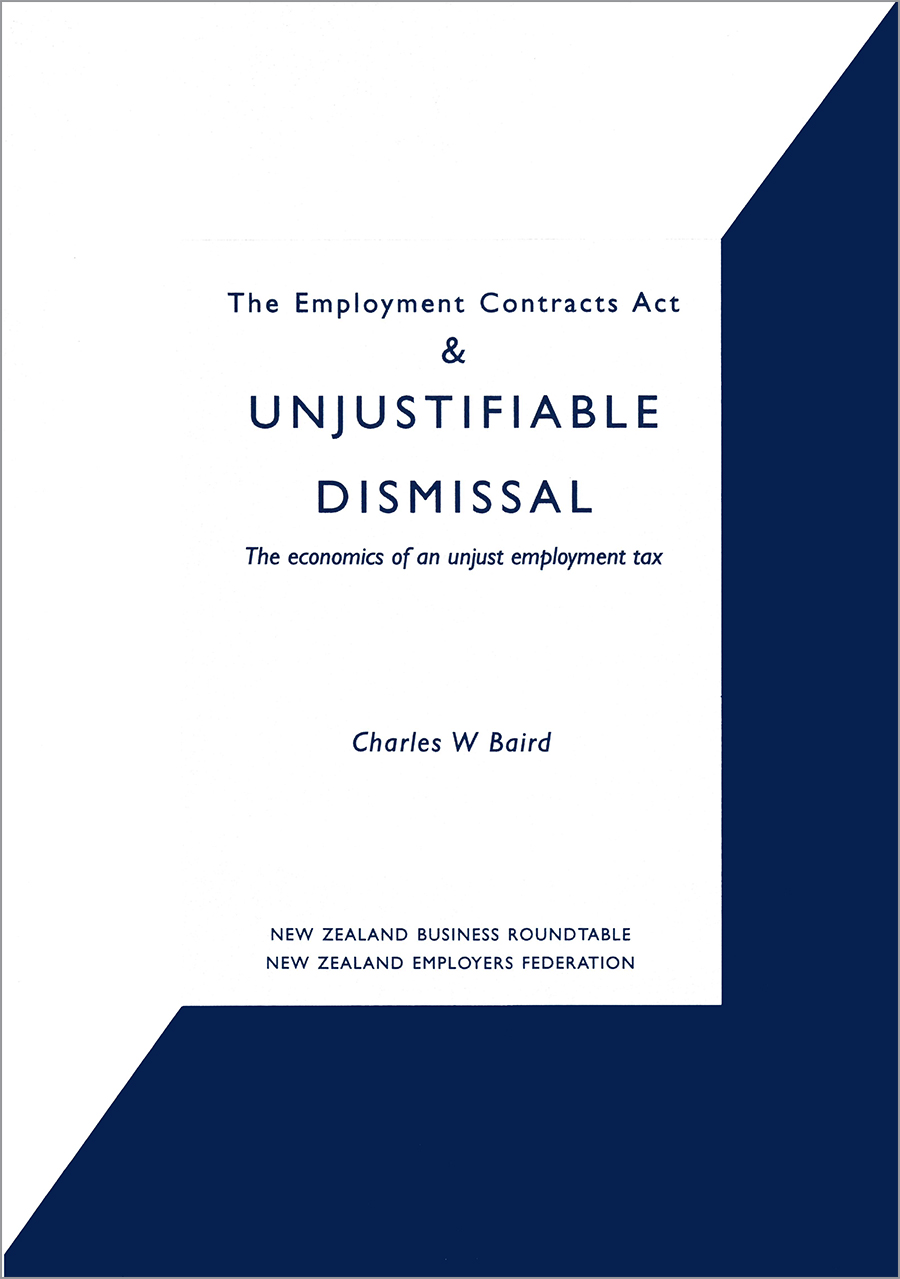On 15 May 1991, parliament enacted the Employment Contracts Act 1991 (ECA). Parts I and II of the ECA abolished all forms of compulsory unionism in New Zealand, and took bold steps toward restoring the common law of contract, property and tort to New Zealand labour markets. Unlike the status quo in the United States, in New Zealand all workers are now free individually to choose between an individual or a collective employment contract and, if they opt for a collective contract, whether to be represented by a union for the purpose of negotiating employment contracts. Workers may, if they choose, represent themselves or be represented by another person, group or non-union organisation for that purpose. Unlike American workers, New Zealand workers cannot be forced to join or pay dues to any labour union. There is no forced 'good faith' bargaining between unions and employers, unlike in the United States. While employers must recognise unions that have been designated as bargaining agents by individual employees, employers do not have to bargain with those agents. All bargaining is wholly voluntary. For all of these reasons, the ECA is an excellent model for other countries to follow as they move toward deregulation of their own labour relations systems.
The Employment Contracts Act and Unjustifiable Dismissal
1 August, 1996



